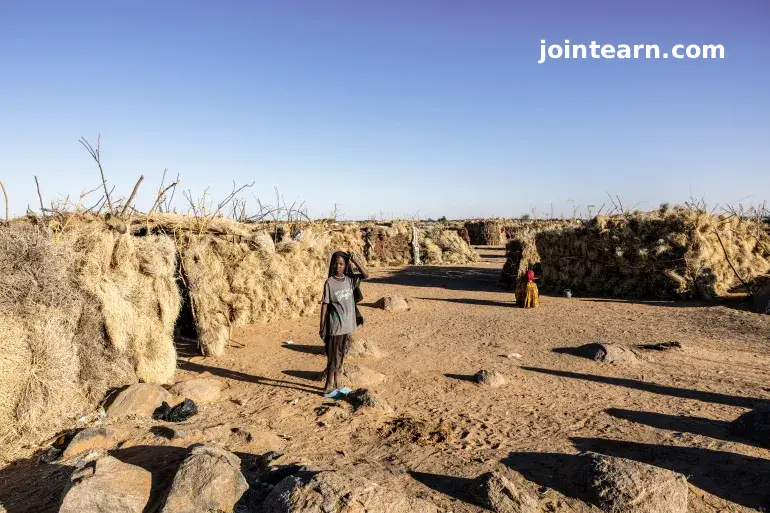
Introduction: Escalating Conflict in Sudan
The Sudanese Armed Forces (SAF) have regained control of two strategic areas in North Kordofan, marking a significant development in Sudan’s ongoing civil war, now in its third year. The advance comes as the Rapid Support Forces (RSF) continue to commit atrocities in Darfur’s el-Fasher, burning and burying bodies in a systematic attempt to conceal mass killings, according to researchers at Yale University.
The recaptured areas, Kazqil and Um Dam Haj Ahmed, are critical in the battle for control over North Kordofan, a region expected to see intensified fighting in the coming weeks. Footage circulated online shows SAF soldiers celebrating their victories with assault rifles and rocket-propelled grenades.
Strategic Importance of North Kordofan
Kazqil, which fell to the RSF in late October, lies south of el-Obeid, the strategic state capital. Control over these towns is crucial as the RSF attempts to expand influence over central Sudan, while the army works to defend key urban centers.
The fighting, initiated in April 2023 between rival generals leading the army and RSF, has increasingly shifted eastward. Both sides continue to mobilize troops and military equipment, with the RSF consolidating power in western Sudan and the army countering advances in central regions.
Humanitarian Crisis Deepens
The civil war has created what the United Nations calls the largest displacement crisis in the world, with more than 12 million people forced from their homes and tens of thousands killed or injured. Starvation is reported in multiple regions, exacerbating the humanitarian catastrophe.
Although the RSF recently accepted a ceasefire proposal mediated by the United States and other international actors, the army has refused to halt operations under current battle lines. Both forces continue to prepare for further combat across Sudan.
RSF Atrocities in Darfur: Mass Graves and Body Disposal
In el-Fasher, the RSF has reportedly continued burning and burying bodies weeks after seizing the city. Yale University’s Humanitarian Research Lab (HRL) used satellite imagery to identify four new sites where bodies are being disposed of, including:
- University of Alfashir
- Abu Shouk IDP camp perimeter
- Neighborhood near al-Hikma Mosque
- Saudi Hospital
HRL’s lead researcher, Nathaniel Raymond, noted that daily monitoring reveals empty streets, inactive markets, and water points, with only RSF patrols and visible bodies. Approximately 150,000 civilians remain unaccounted for, and the scale of the killings is yet to be fully determined.
“We can see them charred. So the question is, where are the people and where are the bodies coming from?” Raymond told Al Jazeera.
RSF fighters have inadvertently documented some of their own crimes through videos shared online, providing further evidence of systematic atrocities.
Regional Implications and Ongoing Conflict
The RSF’s offensive in Kordofan coincides with its capture of Bara, a key town linking Darfur and central Sudan. The army had regained Bara just two months prior, highlighting the fluid and violent nature of territorial control in the ongoing war.
The conflict’s intensity is compounded by arms supplies from neighboring countries, prolonging the fighting and deepening the humanitarian crisis. With both sides unwilling to fully engage in ceasefire agreements, the prospect for peace remains uncertain.
Conclusion: Sudan’s War Enters a Critical Phase
As Sudan’s civil war continues into its third year, recent army gains in North Kordofan signal ongoing military shifts, while atrocities in el-Fasher underscore the human cost of the conflict. Satellite imagery, eyewitness reports, and video evidence paint a grim picture of mass killings, displacement, and systemic violence.
The international community faces mounting pressure to respond to the humanitarian crisis, as millions remain displaced and unaccounted for. With both SAF and RSF preparing for further battles, Sudan’s conflict shows no sign of abating, leaving civilians caught in the crossfire.


Leave a Reply